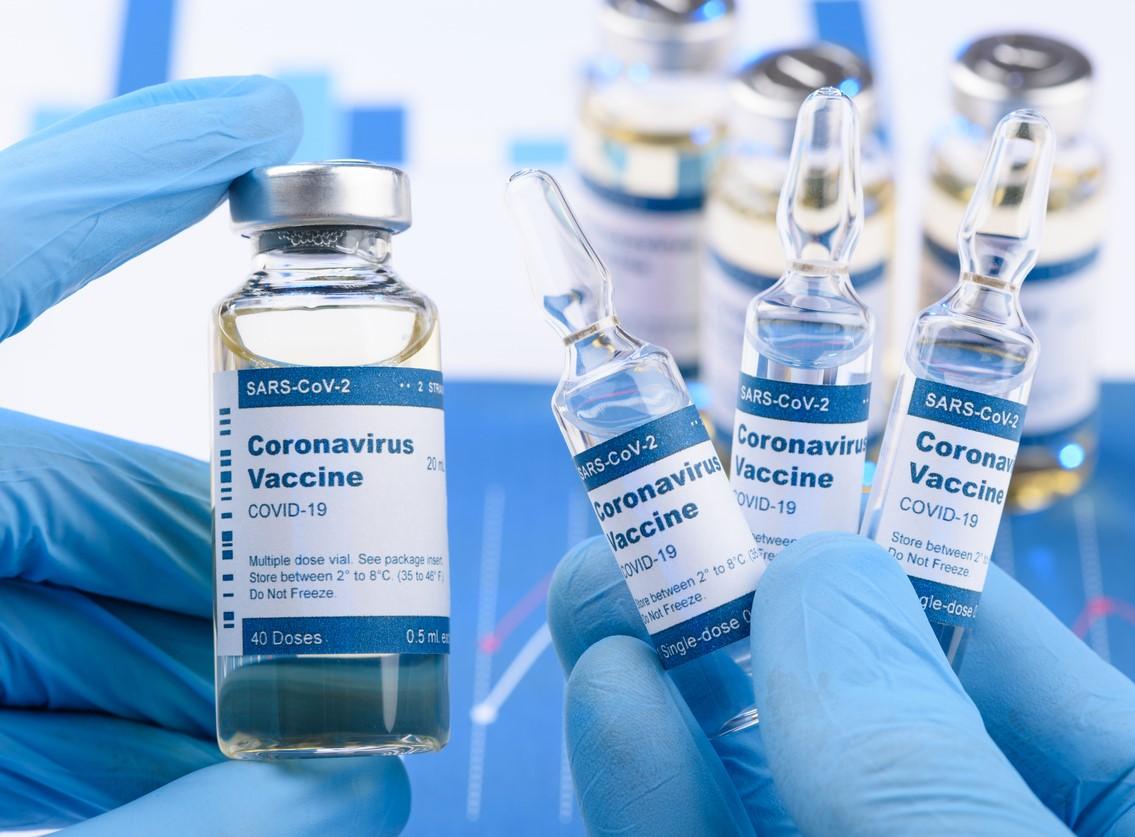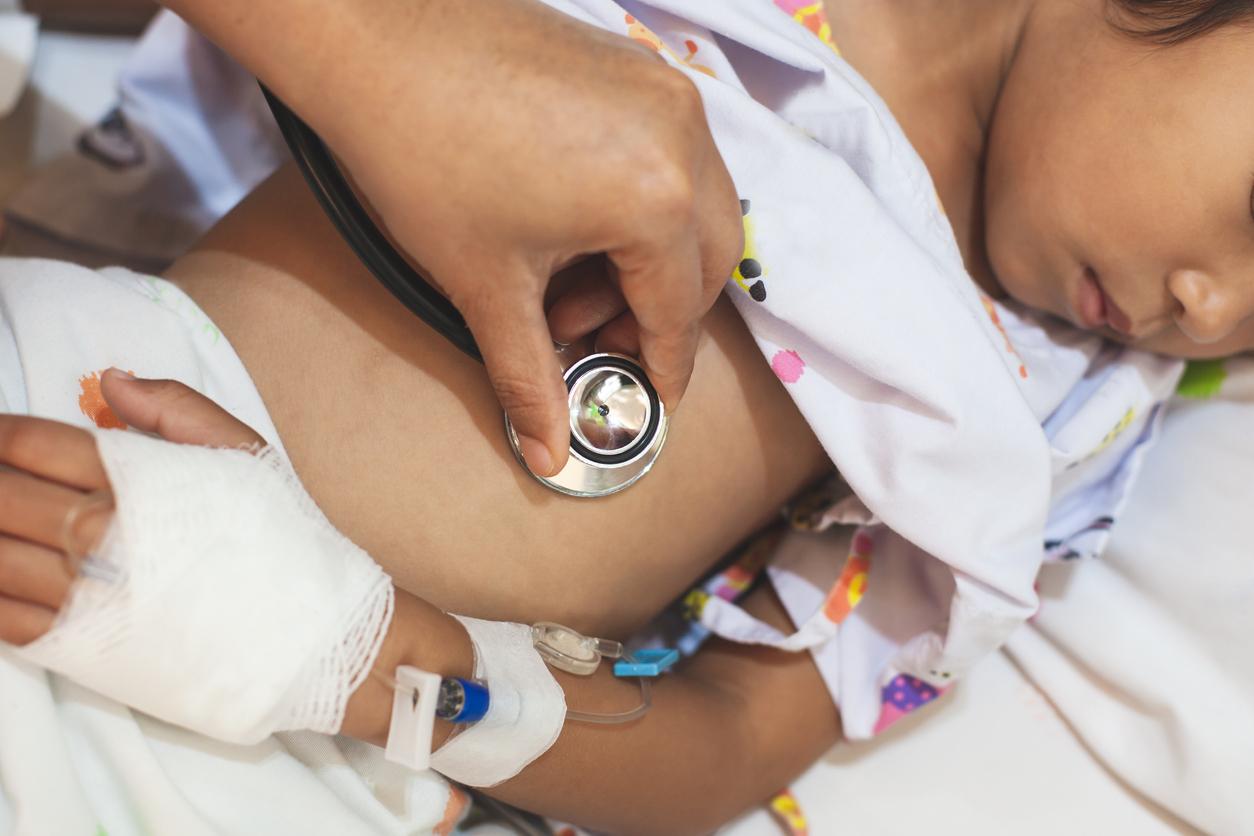
Combating Antibiotic-Resistant Bacteria Biopharmaceutical Accelerator (CARB-X) and the Clinton Health Access Initiative (CHAI) announced today that they are teaming up to explore interventions to slow the spread of gonorrhea in low- and middle-income countries (LMIC).
The 2-year partnership between CARB-X and CHAI will evaluate the clinical need and address market barriers for diagnostic, therapeutic, and preventive interventions for gonorrhea, which is the second most prevalent sexually transmitted infection in the world. An estimated 82 million gonorrhea infections are reported annually, with the highest prevalence in Africa.
Focus on antibiotic-resistant gonorrhea
The work will focus on antibiotic-resistant gonorrhea, which has become increasingly common in LMICs. Neisseria gonorrhoeae (the bacterium that causes gonorrhea) has become resistant to every antibiotic that's been used for treatment, and currently has one remaining effective treatment option (ceftriaxone). Untreated gonorrhea can result in a host of serious side effects, including pelvic inflammatory disease and infertility.
The effort will start with a clinical needs assessment in eight LMICs. Using surveys and focused interviews, CARB-X and CHAI hope to develop a better understanding of which solutions should be prioritized, how market barriers might limit implementation of those solutions, and how access can be expanded.
Since CARB-X was founded in 2016, diagnostics, vaccines, and therapeutics for antibiotic-resistant gonorrhea have been among its funding priorities. In June, the group announced an award of $1 million to Prompt Diagnostics LLC to develop a rapid, low-cost, portable diagnostic test for drug-resistant gonorrhea.
"We are excited to embark on this initial body of work with CHAI, leveraging their experience in market assessment and thoughtful implementation of interventions for HIV and other STIs in LMICs over the past 20 years," CARB-X Chief of R&D Erin Duffy, PhD, said in a press release. "Our goal is to build off work done by others in this space, such as FIND and the Global Antibiotic Research & Development Partnership (GARDP) and share our learnings broadly so that all entities working toward gonorrhea-focused interventions can provide meaningful solutions where they are needed the most."




.jpg)












